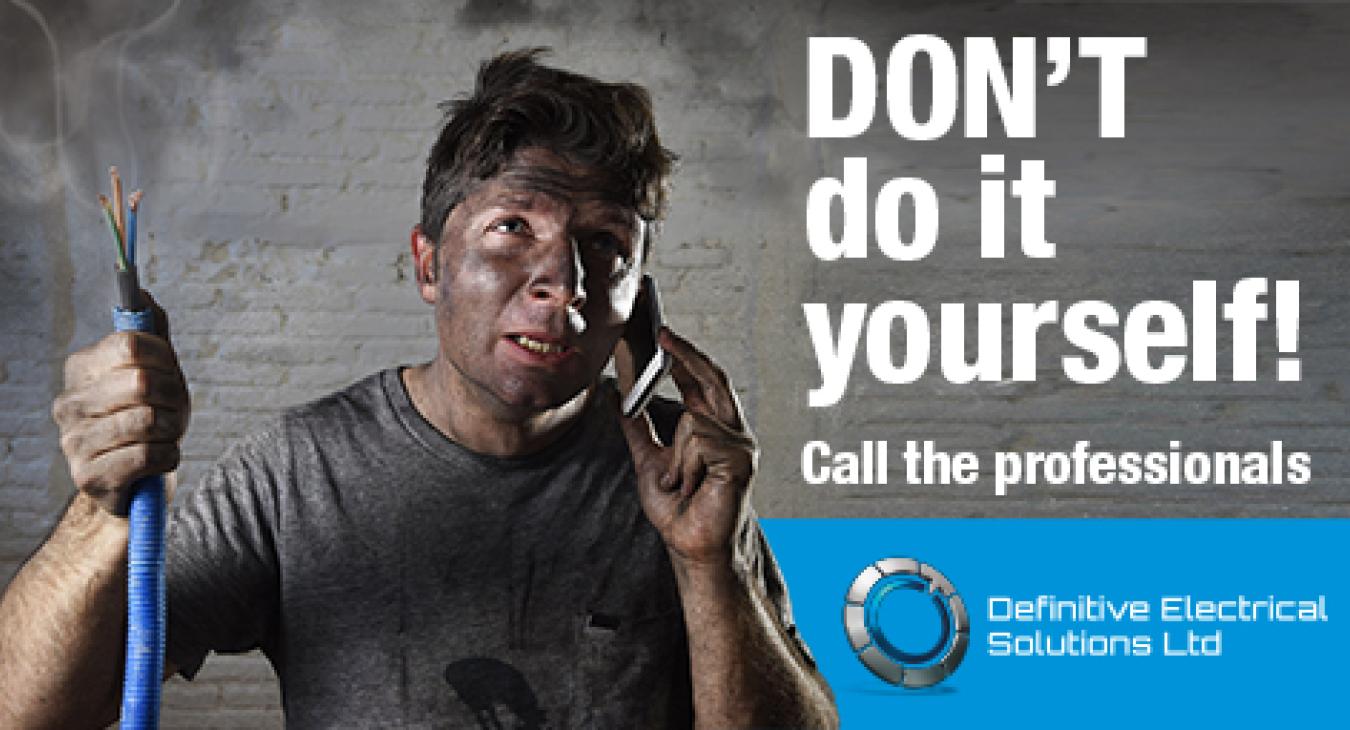
Electrician
According to the oxford dictionary the definition of an electrician is “a person whose job is to connect, repair, etc. electrical equipment”
Sounds pretty straightforward right?
Some would be fooled into thinking that it's an easy job, and that anybody can turn their hand to some electrical maintenance and whilst some minor electrical repairs are not illegal, they are not recommended either.
An electrician is a skilled tradesman that has been trained in the electrical wiring of buildings, transmission lines, machinery and any related equipment. Electricians can be employed for new or replacement installation of electrical components or the maintenance and repair of existing infrastructure. Electricians can also train to specialise in the wiring of ships, airplanes and other mobile platforms as well as data and cable lines.
So, the term “Electrician” is really quite diverse!
In the United Kingdom the competency standards for qualified electricians are overseen by a certification body who the electrician needs to be registered to in order to practice.
There are two qualification awarding organisations in the UK which are City and Guilds and EAL. Electrical competence at a level 3 is required to practice as a qualified electrician. Once this is obtained and the electrician can demonstrate the required level of competence, they can apply to register for Joint Industry Board Electrotechnical Certification Scheme card in order to work on building sites or other controlled areas.
The electricity at work regulations is a statutory document that covers the use and proper maintenance of electrical equipment and installations within businesses and other organisations such as charities.
In a domestic environment, newly Installed or alterations involving new circuits that have been made to an existing installation must be certified as safe and compliant with BS 7671:2018. Parts of the building regulations cover the legal requirements of the installation of electrical technical equipment with Part P outlining most of the regulations covering dwellings.
Whist some domestic electrical work doesn’t need certification and many may be tempted to have a go at it themselves this can actually lead to a bigger more expensive problems which will need to be rectified by a qualified electrician.
Electrical safety is also key when considering electrical work in the home, how sure can you be that your work is completely safe and not likely to cause a dangerous fault in your home?
By getting in touch with a qualified electrician to carry out the work you require you can be sure that the work will be safe and guaranteed by a highly skilled and trained tradesperson – a small price to pay for complete peace of mind!





